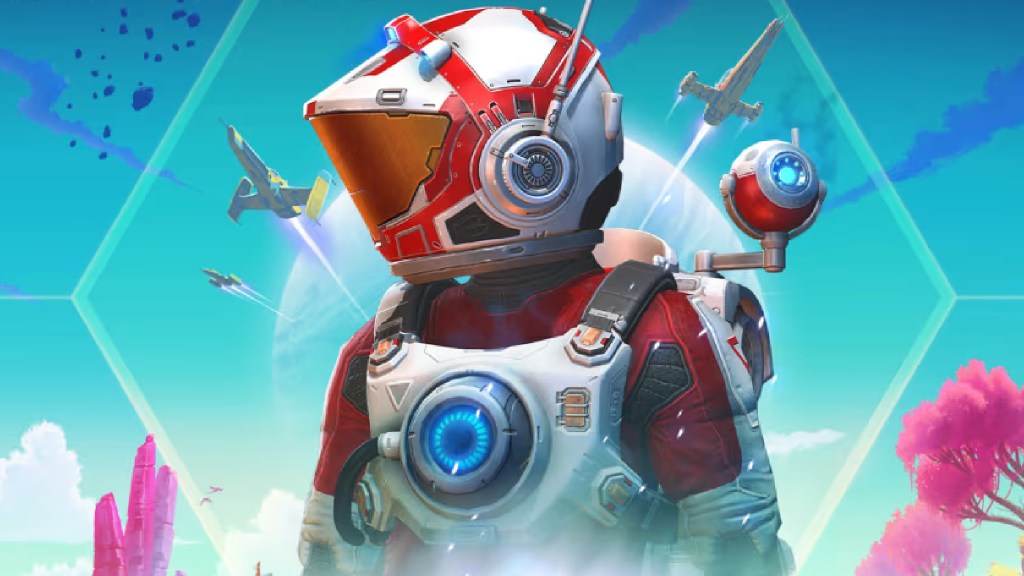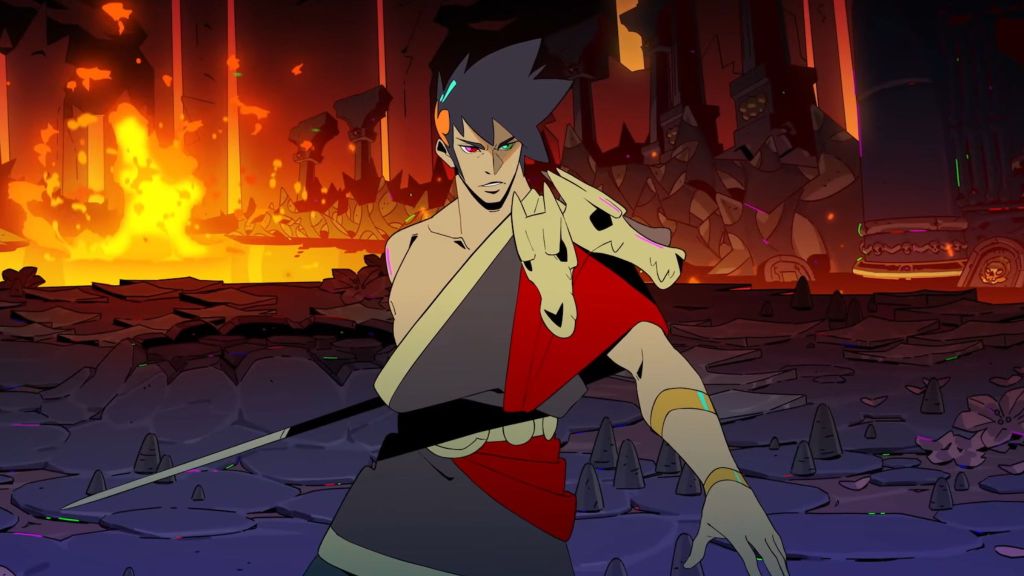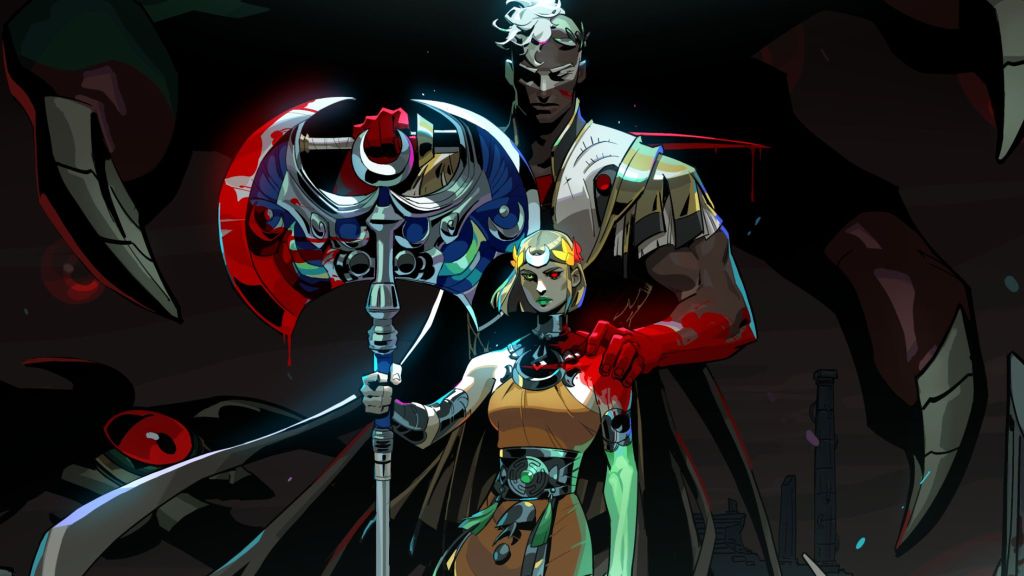If you’re into roguelite games at all, you’ll have heard of the Hades franchise from Supergiant Games. This beautiful game features some of the best voice acting and one of the most interesting art styles we’ve seen from indies in a while, and the game’s long-anticipated sequel, Hades 2, is no exception. Hades 2 released in Early Access in May 2024, and at the time of writing, is still in Early Access with no official release date on the way.
Videos by ComicBook.com
Early Access is intended to be a way for players to get their hands on games early while also providing developers with valuable playtesting feedback; however, many studios see their games stagnate while still in the EA state, eventually cancelling projects before the game can even fully ship. For Supergiant, which has only seen one game through this process, this has never been the case. There’s a lot to be learned from Supergiant’s handling of the Hades franchise’s EA cycles from the top down, but it all comes down to communication.
Early Access Isn’t For Beta Testing

One of the fatal flaws of many games in Early Access is that they aren’t in a completely playable state. Early Access implies that the game is mostly complete, and that players who opt to join the EA are doing so with the understanding that there may be small bugs to be squashed or balance changes to be made. However, some studios intend Early Access to be beta testing, often shipping games that include game-breaking bugs and incomplete core gameplay loops. Players never expect EA games to be pristine, but they do expect a level of playability that some studios fail to deliver.
Putting a game into EA in this state is to the detriment of both players and developers; studios lose out on initial release hype, and players feel their money was wasted on a game that doesn’t live up to developer promises. The fundamental issue in most of these cases is communication; if a studio is using an EA period to do beta testing, this needs to be made clear to players so they can temper expectations. There’s nothing more disappointing than playing a game in EA only to find it’s a buggy mess.
No Man’s Sky faced this exact issue; when Early Access opened, the game itself was in a pretty bad state, and players were extremely, vocally disappointed. For one, the announced full release date was quietly changed to an EA release, and on top of that, the game was barely EA-ready anyway. The Hello Games team has done massive overhauls and updates to No Man’s Sky to get it to where it is today, but much of the initial backlash could have been avoided by communicating better with the player base and perhaps waiting to go into EA until the game was ready. Now, any player burned by how No Man’s Sky was handled will remember—conversely, Supergiant handled the initial Hades EA with ease, and earned significant trust from their fans along the way.
The Original Hades Paved The Way

Hades dropped in Early Access after its announcement at The Game Awards in 2018, and then stayed there for almost two more years. For many indie studios, staying in EA for this long can be scary—there’s no guarantee players will hang on for that long, playing an unfinished game, but for Supergiant, the risk paid off. According to Steamcharts, Hades released in 2020 to almost forty thousand concurrent players, and retains around seven to eight thousand players at its peaks almost five years after release.
It’s thanks to the success of the original game’s EA cycle that Hades 2‘s own EA has been so smooth. Not only is Supergiant well-versed in handling the tempo of their updates and patches, but they’ve also built trust with players. Thanks to their handling of Hades, players know that Supergiant is an attentive studio that truly values player feedback. Without this trust gained from Hades‘ success, players would be much less inclined to spend $30 on a game that isn’t finished. Player trust of Supergiant got them in the door on Hades 2 Early Access, but it’s the updates and communication that’s kept them in the building.
Hades 2 Crushes Early Access With Frequent Updates

Since its EA opened in May 2024, Hades 2 has seen eight patches, with two major updates and six balance patches. This totals out to about one patch a month, and with each patch bringing new content and gameplay to explore, Supergiant has helped Hades 2 feel almost like a live-service game rather than something in EA. Alongside these patches, the Supergiant team stays on top of any game-breaking bugs with hotfixes that address major issues in between updates.
This consistent update and patch schedule provides a sense of safety for players—playing any game in EA or beta testing is a risk, because most of the time players have to pay for the game despite its unfinished state. If the game fails to live up to expectations and there is no word from the studio regarding improvement plans, the money feels wasted. Even the most disappointing EA, like No Man’s Sky, can be improved with time and dedication from the devs, but it’s essential to have a plan in place to support the game throughout its Early Access lifecycle to prevent it from failing before it can even release.
Early Access isn’t the solution for every game, and though many studios choose to go this route for their game’s pre-release testing, it’s not always the most elegant solution and can do more harm than good for a game’s reputation. The studios that see the most success in their EA testing are the ones that commit to consistent and clear communication with their players and follow through on the promises they made throughout the game’s development. Hades 2 and Supergiant are just one example of this, and one that other studios should emulate in their own Early Access planning.









